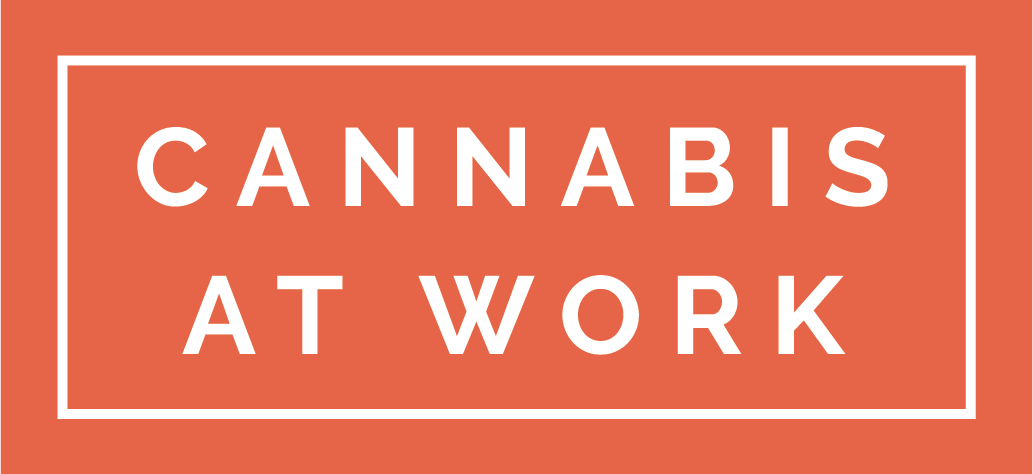CBD Is Changing Attitudes Towards Cannabis
Cannabis is a hot topic around the world but there is more to it than the impairment causing substance we generalize it as. The cannabis plant produces chemicals called cannabinoids and these are what give it the medical and recreational qualities we are becoming familiar with. The most recognized cannabinoid is tetrahydrocannabinol or THC which is the psychoactive component in cannabis.
However, there are over 80 other cannabinoids that have been identified in the cannabis plant and they are not all created equally. One cannabinoid of important note is cannabidiol or CBD. Unlike THC, CBD does not have psychoactive effects and is not tested for in workplace drug tests. In 2017, CBD garnered attention when two international organizations made important announcements about it.
In September, the World Anti-Doping Agency (WADA) removed CBD from its 2018 list of prohibited substances, as it does not mimic the effects of THC. The announcement that CBD would be removed came shortly after a MMA fighter was using a vape pen to consume CBD at a post-fight press conference. The fighter touted CBD’s anti-inflammatory properties and said he used it before and after his fights and training.
There were also a number of former NFL players who use CBD and are calling for the legalization of medical marijuana in the United States. Marijuana remains on the list of prohibited substances and will still be tested for by sports organizations that follow the WADA code.
In December, the World Health Organization (WHO) made a recommendation that CBD should not internationally be scheduled as a controlled substance. The WHO Expert Committee on Drug Dependence concluded that CBD in its pure state did not appear to cause harm or have potential for abuse. Although this does not mean that WHO recommends CBD for medical purposes they do recognize the potential for medical uses. There is a comprehensive review of cannabis and cannabis related substances planned by WHO for June 2018.
The WADA and WHO announcements helped shed some light on cannabis products and how they can differ. Knowing that CBD is safe and does not have psychoactive effects may change an employer’s approach to medical cannabis users. It’s important for employers to be educated on the complexities of the cannabis plant and be aware of trends like this relating cannabis as a supplement or medicine so they can be better equipped to manage medical cannabis in the workplace.
With these announcements we may see the beginning of a trend to allow CBD in circumstances that were previously prohibited.
This begs the question: could we see this trend reach the workplace?

